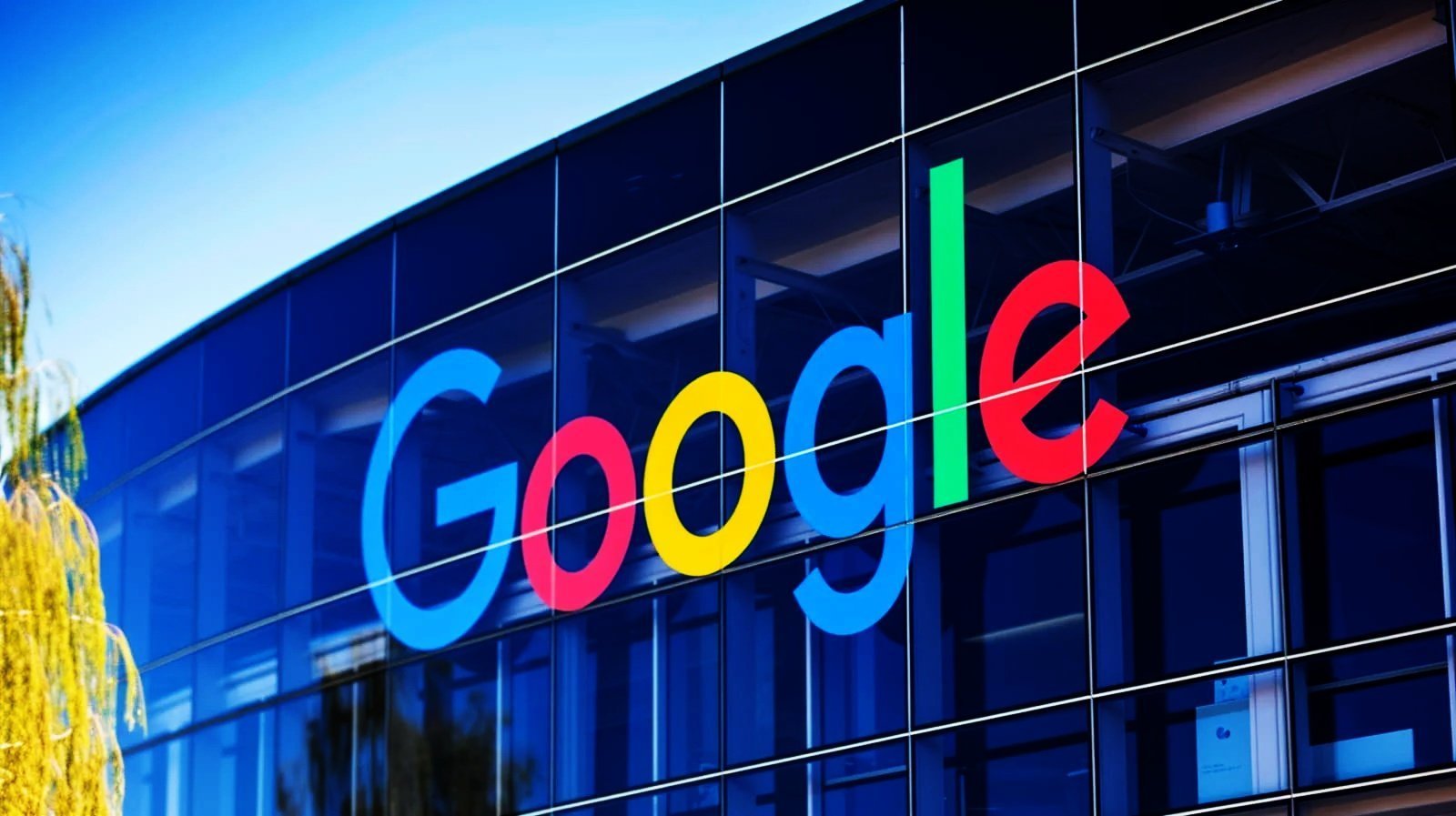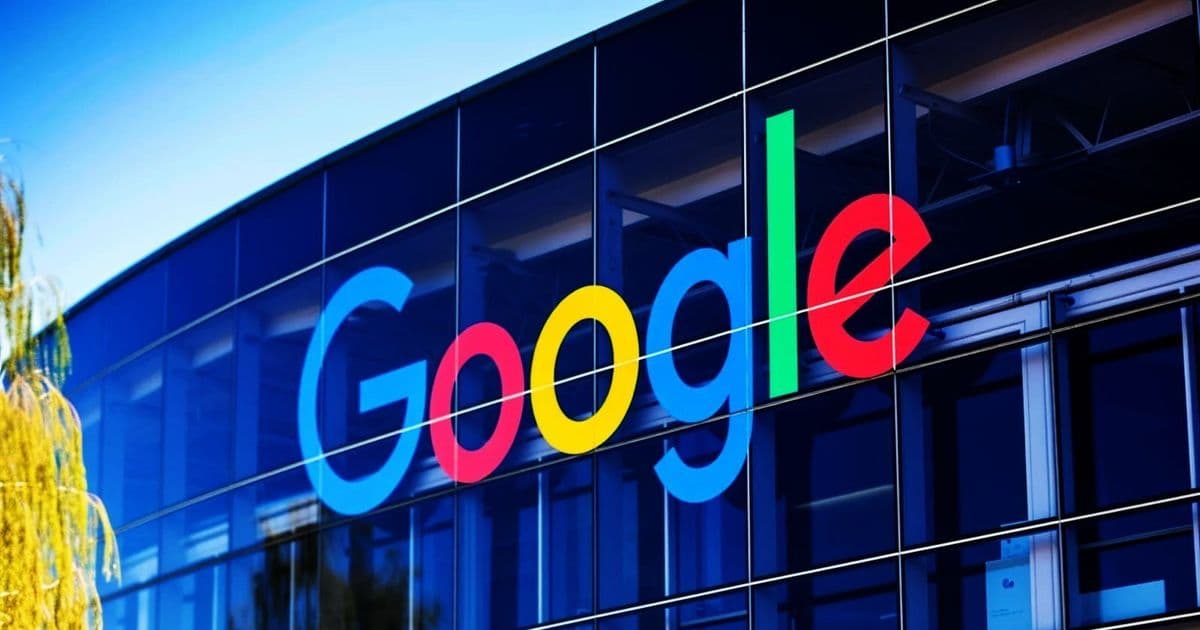The European Commission has fined Google €2.95 billion for anti-competitive ad tech practices, marking its fourth major antitrust penalty against the tech giant. Google must now restructure its advertising operations and faces simultaneous €325M cookie violation fines in France.
EU Imposes €2.95B Antitrust Fine on Google in Landmark Ad Tech Ruling

The European Commission has delivered a seismic blow to Google's advertising dominance, imposing a €2.95 billion ($3.5 billion) fine for systematically favoring its own ad tech services over competitors. This ruling—the EU's fourth antitrust penalty against Google since 2017—orders immediate cessation of "self-preferencing" practices and mandates structural changes to prevent future market abuse.
The Core Violations
Investigators found Google abused its dual role as both broker and auctioneer in digital advertising, creating an opaque ecosystem where its services consistently outranked competitors. The EU's antitrust chief stated this undermined fair competition, noting: "Google's practices allowed it to leverage its dominance across the ad tech chain, from publisher tools to advertiser platforms."
"The decision is wrong and we will appeal," countered Lee-Anne Mulholland, Google's Global Head of Regulatory Affairs, in a statement to BleepingComputer. "There's nothing anticompetitive in providing ad services. This ruling will hurt thousands of European businesses."
Google's Antitrust History in Europe
This penalty continues a pattern of EU regulatory actions:
- 2017: €4.34B for using Android to cement search dominance
- 2018: €2.42B for skewing shopping comparisons
- 2019: €1.49B for blocking rival search ads
With cumulative fines now exceeding €11 billion, the rulings spotlight systemic conflicts of interest in Big Tech's control over digital marketplaces.
France's Simultaneous Strike
Adding to Google's regulatory woes, France's CNIL authority imposed a separate €325 million fine the same day for non-consensual Gmail advertising and cookie violations. This dual enforcement signals escalating European scrutiny of Google's data-advertising nexus.
The Developer Impact
For ad tech developers and publishers, this ruling could dismantle gatekeeper advantages:
- Market Access: Leveled playing field for alternative ad exchanges
- Transparency: Mandated separation of Google's competing ad services
- Innovation: Reduced barriers for emerging ad tech startups
Yet Google's promised appeal ensures prolonged uncertainty. As regulators globally mirror these interventions—from the U.S. DOJ to Australia's ACCC—the verdict accelerates a tectonic shift: digital advertising's era of self-regulation is ending, replaced by enforceable architectures of fairness.
Source: BleepingComputer

Comments
Please log in or register to join the discussion